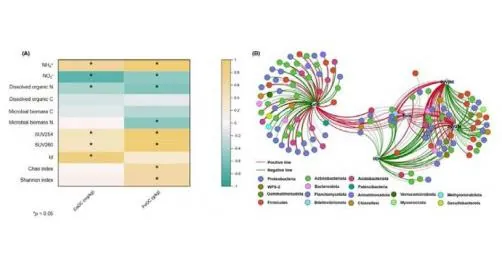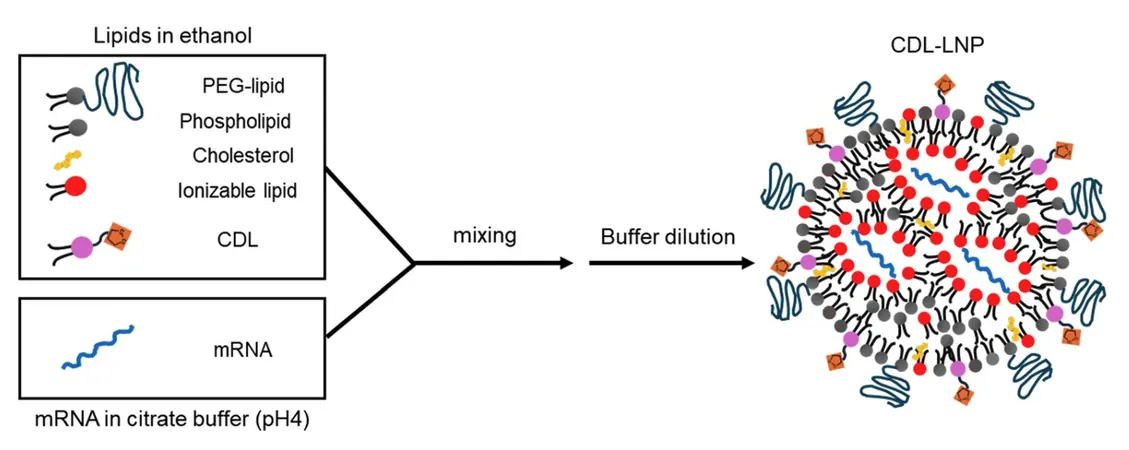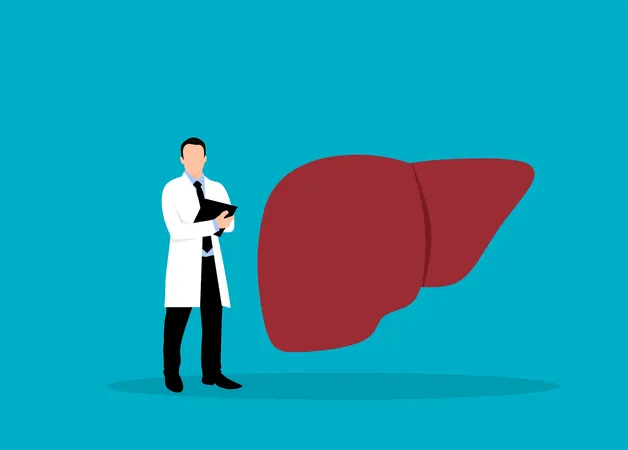
Revolutionary Study Reveals How Soil Viruses Could Combat Climate Change
2025-07-01
Author: Ming
Uncovering the Hidden Role of Soil Viruses
In a groundbreaking revelation, researchers have shed light on the critical, yet often ignored, role of soil viruses in the global carbon cycle. Surprisingly, these microscopic entities not only influence the release of carbon but also promote its sequestration, making them crucial players in our efforts to mitigate climate change.
The Carbon Sinking Power of Soil
Soils serve as colossal carbon sinks, harboring more than double the organic carbon found in the atmosphere and living vegetation combined. With climate change accelerating, understanding how soil stores carbon is becoming essential. The intricate relationship between these viruses and microbial processes governing carbon emissions and storage highlights the urgent need for research in this area.
Insights from Groundbreaking Research
A recent study published in the scientific journal *Pedosphere* explored how soil viruses affect carbon dynamics. Collaborative efforts from Zhejiang University in China and La Trobe University in Australia revealed the complex interplay between viral activity and carbon sequestration. The researchers discovered that viruses could stimulate or inhibit carbon dioxide emissions depending on various soil conditions.
The Double-Edged Sword of Viral Activity
Interestingly, while viral activity generally boosted the accumulation of resistant forms of dissolved organic matter, it also led to variable levels of carbon emissions across different soil types. This duality suggests that viruses are not merely destructive; they could enhance the meaningful storage of carbon by binding it to essential minerals like iron and calcium.
The Experiment That Changed Everything
To deepen their findings, the team introduced soil viruses into sterilized soils from diverse environments, ranging from rich forests to agricultural lands in China. The results were striking: viral presence significantly altered microbial biomass and fostered a dynamic nutrient cycling process that ultimately enhanced the soil's capacity to store carbon.
Expert Insight: A New Perspective on Soil Ecosystems
Professor Jianming Xu from Zhejiang University aptly encapsulated the study's significance: "This research is the first to illustrate how soil viruses impact both carbon release and stabilization through mineral-binding processes. Our findings unveil a more intricate relationship between viruses and soil health that has essential implications for climate change strategies."
Future Implications for Climate Change Mitigation
The implications of this study are profound. Understanding how viruses influence microbial communities and carbon dynamics opens new avenues for managing soil health and enhancing carbon sequestration. As we continue to unravel the hidden complexities of soil ecosystems, this research emphasizes the urgent need for further studies that could revolutionize how we approach the enhancement of soil carbon sinks in both agricultural and forested areas.



 Brasil (PT)
Brasil (PT)
 Canada (EN)
Canada (EN)
 Chile (ES)
Chile (ES)
 Česko (CS)
Česko (CS)
 대한민국 (KO)
대한민국 (KO)
 España (ES)
España (ES)
 France (FR)
France (FR)
 Hong Kong (EN)
Hong Kong (EN)
 Italia (IT)
Italia (IT)
 日本 (JA)
日本 (JA)
 Magyarország (HU)
Magyarország (HU)
 Norge (NO)
Norge (NO)
 Polska (PL)
Polska (PL)
 Schweiz (DE)
Schweiz (DE)
 Singapore (EN)
Singapore (EN)
 Sverige (SV)
Sverige (SV)
 Suomi (FI)
Suomi (FI)
 Türkiye (TR)
Türkiye (TR)
 الإمارات العربية المتحدة (AR)
الإمارات العربية المتحدة (AR)